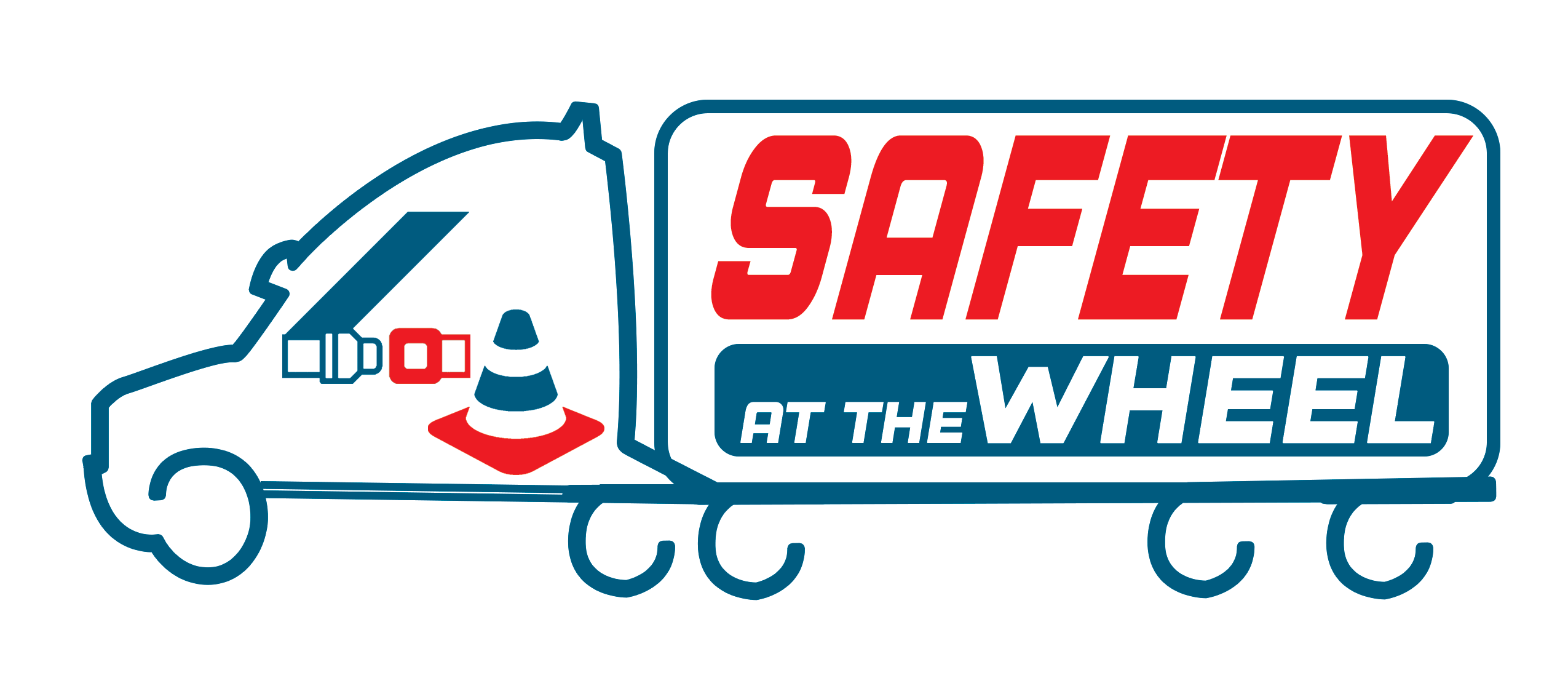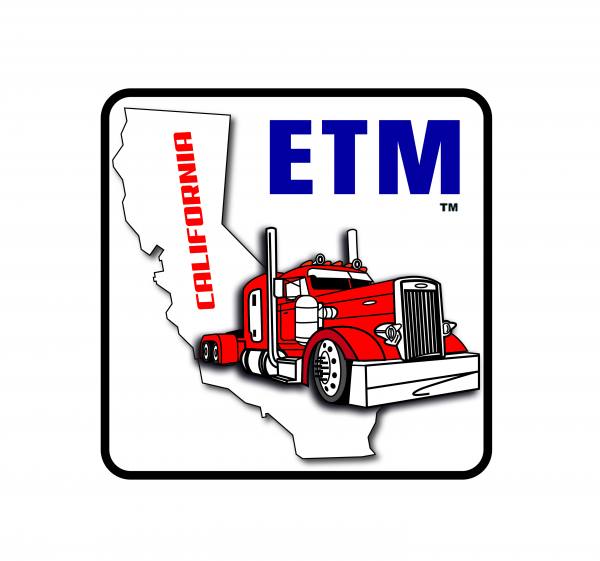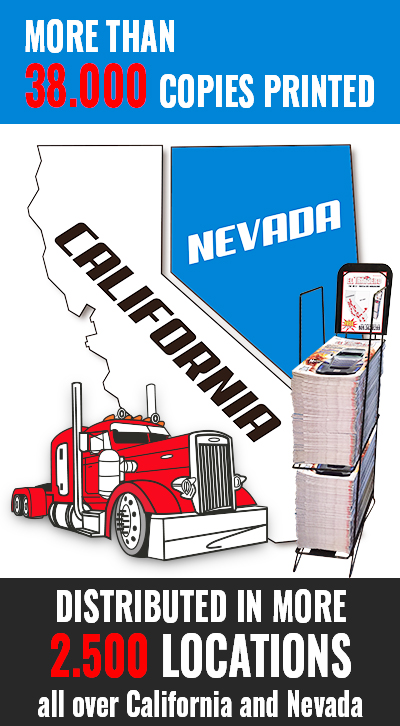 |
|
 |
Get our FREE |


After the intensive Brake Safety Week in August, California’s compliance and highway safety calendar for the trucking industry remains active with two critical events scheduled for the remainder of 2025: the BIT Program in September and Safe Driver Week in October.
In September, the focus shifts to the Biennial Inspection of Terminals (BIT), regulated by the California Highway Patrol (CHP) under California Vehicle Code §34501.12. This rule requires inspections every 90 days for commercial vehicles over 10,001 pounds. These inspections cover brakes, lights, tires, steering, maintenance records, and the condition of the company’s operating base (terminal).
Key points of attention:
• Inspect brakes, steering, lights, tires, and brake surfaces.
• Ensure truck, equipment, and driver maintenance records are up to date.
• Check the overall condition of the company’s operating base or terminal (the facility where trucks are stored) and verify compliance with emergency plans, if applicable.
From October 19 to 25, the Commercial Vehicle Safety Alliance (CVSA) and the Federal Motor Carrier Safety Administration (FMCSA) will increase roadside inspections during Safe Driver Week, targeting risky behaviors such as speeding and cellphone use while driving. In California, speed limits and cellphone restrictions are enforced under CVC §22406 and federal rules (§392.80, §392.82).
Key reminders for drivers:
• Respect the 55 mph truck speed limit.
• Avoid cellphone use unless hands-free, as required by FMCSA.
• Practice defensive driving and follow both federal and state regulations.
Recent inspection data
During Brake Safety Week 2024, 16,725 inspections were conducted across North America; 12.8% of the vehicles inspected were placed out of service due to brake violations. On the surprise “Brake Safety Day” in April 2025, inspectors found that 8.7% of vehicles had critical brake system violations, most involving drums and rotors.
These numbers highlight the need for rigorous preventive inspections, particularly ahead of September and October, and for keeping braking systems in top condition to avoid penalties or dangerous situations.
Conclusion
September is the time to ensure vehicles and records are ready for a potential BIT inspection, while in October the focus shifts to safe driver behavior on the road. The results of recent inspections confirm that brake failures remain a leading cause of vehicles being placed out of service. Staying compliant through proper maintenance and responsible driving not only reduces risks but also keeps trucks safely on the road.
For years, federal Hours of Service (HOS) regulations have been viewed as a key tool for reducing commercial truck crash...
read more...Although low libido is often associated with age or medical issues, it is increasingly affecting young truck drivers&mda...
read more...The political conflict between U.S. Transportation Secretary Sean Duffy and California Governor Gavin Newsom escalated o...
read more...California’s push for its controversial “clean truck” regulations has just taken a devastating blow. A...
read more...

